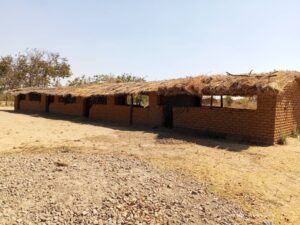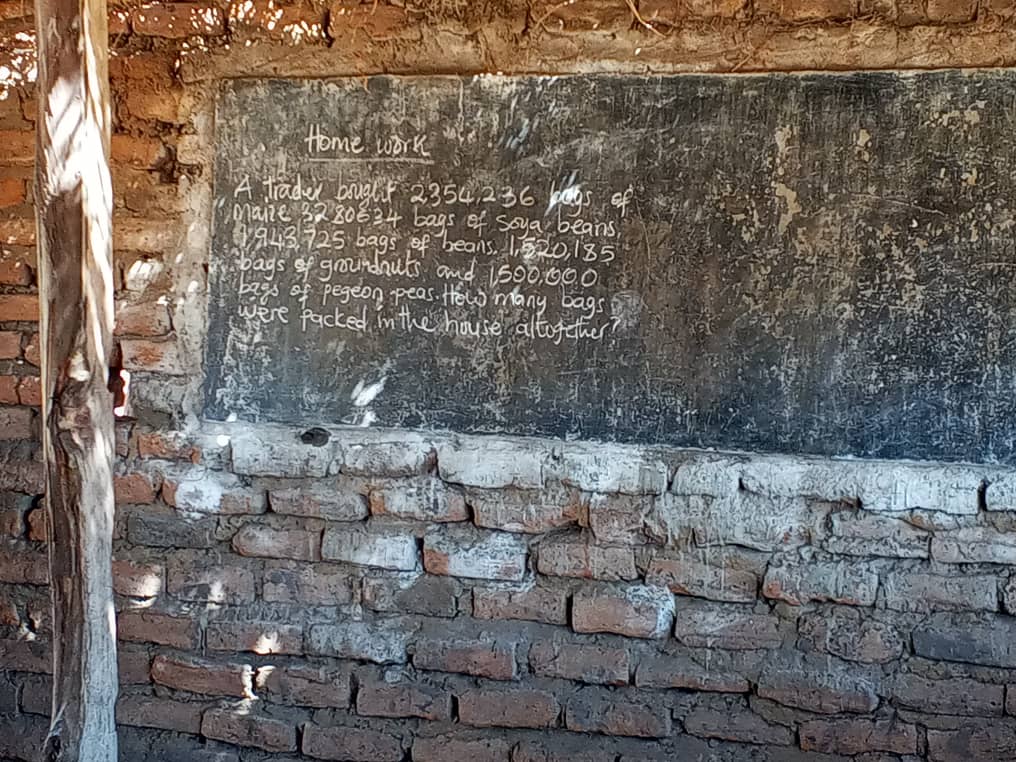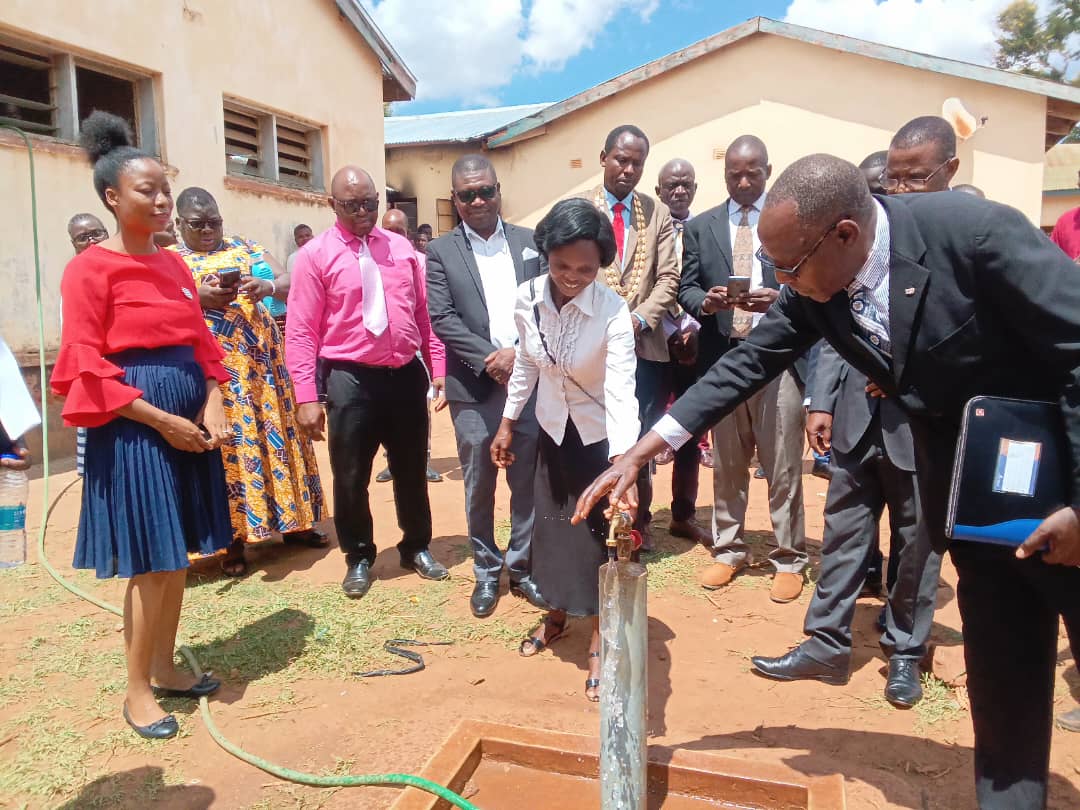In Munye Village, under Traditional Authority Kawamba—about 45 kilometers southwest of Kasungu Boma, children learning under a grass-thatched shelter at a junior primary school with inadequate teachers still hold big dreams of what they want to become after completing their education.
Every morning, they wake up early to attend lessons despite the harsh learning environment. One of them, Rodrick Banda, a Standard Six learner, dreams of becoming a teacher one day so that he can help address the challenges his school faces.
“The grass-thatched classroom shelter is substandard and very risky for our safety. During the rainy season, we miss classes because it’s not safe. Sometimes, we knock off early because teachers are not enough, so they just tell us to go home. This affects our performance, and many learners end up repeating classes,” Rodrick explained.
The school’s head teacher, Said Nkhoma, attributed high absenteeism and poor performance to the lack of proper classroom blocks, especially during the rainy season.
“It’s true that sometimes we send the children home once the rains start, for their safety. We have only four teachers against 343 learners in Standards One to Six. This is far below the recommended teacher-pupil ratio of 1 to 60. As a result, the workload is overwhelming, leading to poor performance,” said Nkhoma.
Kaulauta Junior Primary School came into being in 2018 when community members and local chiefs contributed to the construction of a two-classroom block by BuildOn Malawi, marking the establishment of the first ever junior primary school in the area.

This brought relief to learners who previously walked over five kilometers to the nearest schools. However, the community’s hope for additional classroom blocks has not yet been fulfilled. Through community contributions and the School Improvement Grant, they managed to construct two teacher houses, although these are also in poor condition.
Group Village Head Munye said the community took the initiative to build the grass-thatched shelter so that learners would not learn under trees.
“The school now runs up to Standard Six, yet we have only two classrooms. We mobilized resources to construct the shelter without technical support, just to make learning possible. We are planning to construct another block on our own, but we appeal to the government and well-wishers to assist us so that the school has proper infrastructure,” said GVH Munye.
The Education Act of 2013 mandates local authorities to establish school management committees to assist in the management of schools and advise on matters affecting education delivery. It also emphasizes the need for inclusive and accessible education of good quality.
At Kaulauta, Adam Alick, who chairs the school management committee, said they built the shelter out of necessity.
“We acknowledge the challenges the school faces, and that’s why we constructed the shelter while waiting for proper classrooms. We have been informing authorities of the school’s situation. However, with only our local contributions, we can’t achieve standard development—it requires collective effort,” said Alick.
Meanwhile, Kasungu District Education Network Chairperson, Chrieford Kachale, described the situation as unfortunate, saying the school looks deserted and substandard despite being in full view of responsible district authorities.
Kachale pledged to advocate for immediate interventions so that children in the area can fully enjoy their right to education.
The school, which falls under the Malepera Zone, has its Primary Education Advisor (PEA), Zacheas Telezani, acknowledging the situation and its negative implications on education standards.
Joseph Chioza, Director of Education and Sports at Kasungu District Council, told Kasungu FM that the temporary shelters were built by the community to accommodate Standards One to Six.

“From the ministry’s perspective, it’s not recommended for children to learn under trees or makeshift shelters because such environments affect teaching and learning. However, Kaulauta Primary School is earmarked to benefit from the Malawi Education Reform Program (MERP), which will bring new classroom blocks,” said Chioza.
During the previous rainy season, out of 176 learners in Standards Three to Six who study in the shelter, only 80 attended classes due to poor learning conditions.
Kaulauta Primary School needs more than promises—it needs immediate action.
By Davie Banda
#KCRnews
#YourPartnerinDevelopment


